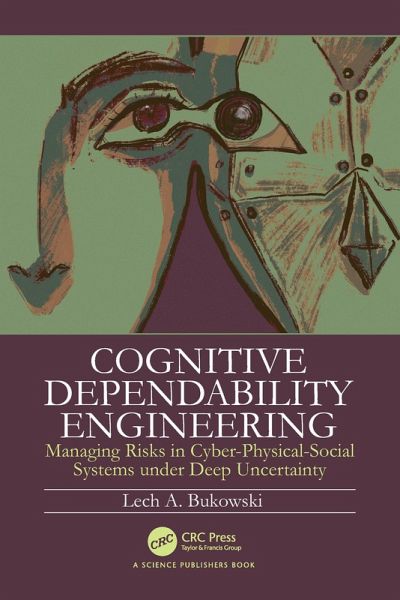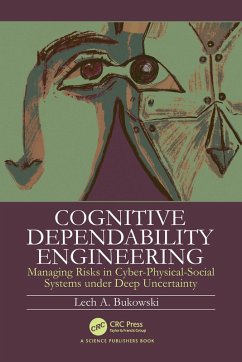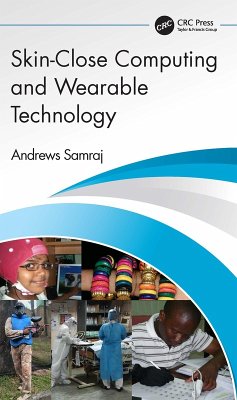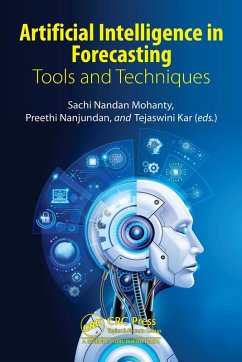
Cognitive Dependability Engineering (eBook, ePUB)
Managing Risks in Cyber-Physical-Social Systems under Deep Uncertainty
Versandkostenfrei!
Sofort per Download lieferbar
64,95 €
inkl. MwSt.
Weitere Ausgaben:

PAYBACK Punkte
32 °P sammeln!
The work is a context-oriented analysis and synthesis of complex engineered systems to ensure continuous and safe operations under conditions of uncertainty. The book is divided in four parts, the first one comprises an overview of the development of systems engineering: starting with basics of Systems Science and Single Systems Engineering, through System of Systems Engineering to Cognitive Systems Engineering. The Cognitive Systems Engineering model was based on the concept of imperfect knowledge acquisition and management. The second part shows the evolutionary character of the dependabilit...
The work is a context-oriented analysis and synthesis of complex engineered systems to ensure continuous and safe operations under conditions of uncertainty. The book is divided in four parts, the first one comprises an overview of the development of systems engineering: starting with basics of Systems Science and Single Systems Engineering, through System of Systems Engineering to Cognitive Systems Engineering. The Cognitive Systems Engineering model was based on the concept of imperfect knowledge acquisition and management. The second part shows the evolutionary character of the dependability concept over the last fifty years. Beginning from simple models based on the classical probability theory, through the concepts of tolerating faults, as well as resilience engineering, we come to the assumptions of Cognitive Dependability Engineering (CDE), based on the concept of continuous smart operation, both under normal and abnormal conditions. The subject of the next part is analysis and synthesis of Cyber-Physical-Social (CPS) Systems. The methodology consists of the following steps: modeling CPS systems' structure, simulating their behavior in changing conditions and in situations of disruptions, and finally assessing the dependability of the entire system based on CDE. The last part of the work answers the question of how to deal with risks in CPS systems in situations of high level of uncertainty. The concept of a Cognitive Digital Twin was introduced to support the process of solving complex problems by experts, and on this basis a framework for cognitive dependability based problemsolving in CPS Systems operating under deep uncertainty was developed. The possibilities and purposefulness of using this framework have been demonstrated with three practical examples of disasters that have happened in the past and have been thoroughly analyzed.
Dieser Download kann aus rechtlichen Gründen nur mit Rechnungsadresse in A, B, BG, CY, CZ, D, DK, EW, E, FIN, F, GR, HR, H, IRL, I, LT, L, LR, M, NL, PL, P, R, S, SLO, SK ausgeliefert werden.













